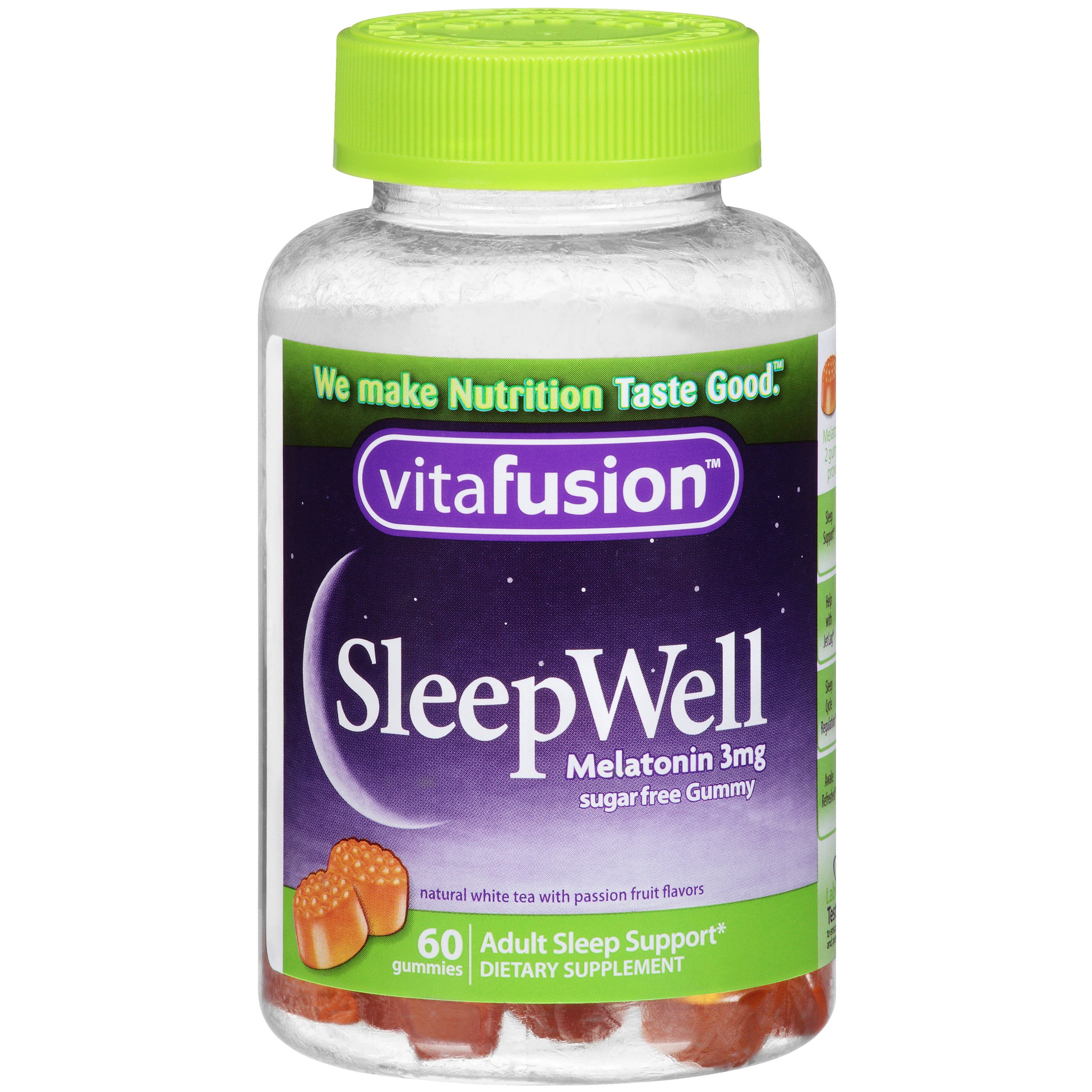

"Your body absorbs melatonin fairly rapidly, and its half-life - meaning the time it takes for your body to eliminate half of what you took - is about 20 to 50 minutes," says Dr. If you do decide to take a melatonin pill now and then, the timing of when you take it matters. "It's always important to consult your doctor before taking a new supplement," adds Dr. And know that these supplements can interact with other medications, such as some blood thinners, and that they may not be safe to take if you have certain health conditions. What's more is that the safety of using melatonin long-term hasn't been established in well-controlled studies.Īnd while the occasional, short-term use of melatonin - such as to combat jet leg or adjust to shift work - does appear to be safe for most people, this isn't the case for everyone.ĭon't take melatonin if you're pregnant or breastfeeding. "If you're consistently suffering from insomnia, we need to determine why and find an effective solution for it." "Melatonin isn't a long-term fix for sleep issues," Dr. Is poor sleep caused by a lifestyle habit that needs correcting - or some underlying issue that needs to be addressed? "Namely, because if you think you need to take melatonin every night to get to sleep, we need to understand why that's the case," explains Dr. Ramkissoon doesn't recommend taking melatonin long-term. Regardless of whether it truly helps with sleep or not, Dr. And it's not powerful enough to fight against the habits that commonly lead to poor sleep, like staring at your phone for an hour before bed. In other words, a melatonin supplement might help you fall asleep - but it won't keep you asleep. (Related: QUIZ: Are These Afternoon & Evening Habits Ruining Your Sleep?) Eating a meal or drinking alcohol just before bedtime.Drinking caffeine or napping in the afternoon.Melatonin helps make you drowsy, but plenty of our everyday behaviors can fight against its effects, including: This distinction is important because it helps explain why supplemental melatonin has minor, limited impacts on sleep."

"Taken together this data supports what we know about the role of melatonin, whether naturally made or synthetic," says Dr. Melatonin may have an effect, albeit a fairly minor one, on falling sleep, though.Ī 2020 systematic review of 12 studies evaluating melatonin found small improvements in sleep onset - and perhaps even total sleep time, although this was only seen in a few studies. "For instance, there's no evidence that it promotes sleep maintenance or can prevent insomnia." "From poor study design to its generally low potency, there is a lack of data supporting the use of supplemental melatonin as a clinically meaningful way to improve sleep," says Dr. Many studies have examined whether melatonin supplements benefit sleep and. Ramkissoon says that combatting poor sleep might not be as simple as increasing your melatonin levels. The theory is that adding more melatonin on top of what your body is already releasing might help ensure good sleep.īut Dr. Melatonin supplements, on the other hand, are synthetically derived versions of this hormone that you can buy at the store, marketed as a way to fall asleep faster and stay asleep longer. These levels peak in the middle of the night and then gradually fall through the early morning hours until, finally, you're awake. "As a component of your sleep-wake cycle, its release is timed by the onset of darkness, so a few hours before bedtime."Īs natural light disappears in the evening, melatonin levels start rising, preparing your body for sleep. "Melatonin is a hormone your body naturally produces to promote drowsiness, helping to coordinate the transition from being awake to asleep," explains Dr. When you're not, is taking melatonin really the answer? What is melatonin? "A lack of quality sleep over time is linked to a wide range of health issues, from high blood pressure to obesity - so it's important to take steps to ensure you're getting a good night's rest." Rashad Ramkissoon, a primary-care physician at Houston Methodist. "Getting quality sleep is obviously important for waking up feeling well-rested, but it's also critical for our overall health," says Dr. No wonder some of us are seeking help from nighttime sleep aids, like melatonin supplements. More than 50% of adults have trouble falling or staying asleep at least a few times per week, according to a study by the National Sleep Foundation.


 0 kommentar(er)
0 kommentar(er)
